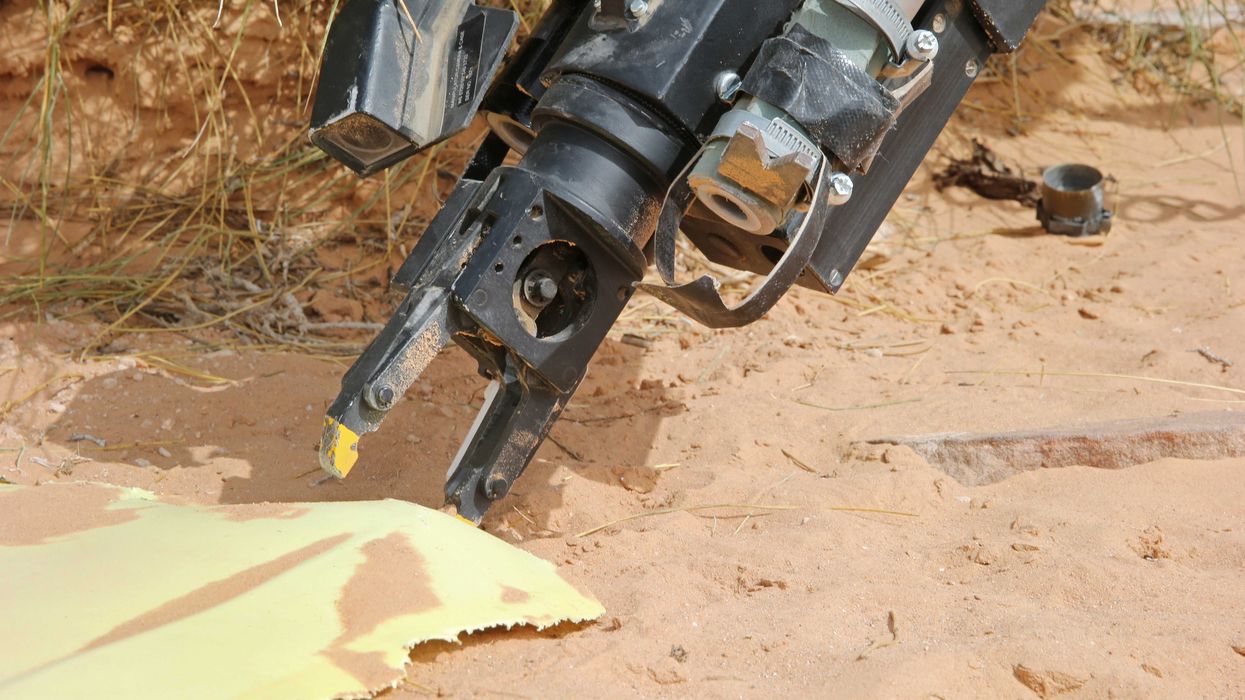New York-based photographer Nina Berman has been capturing portraits of the soldiers who have made life-altering sacrifices during their service in the military. For her "Purple Hearts" series, Berman photographed a few of the more than 32,000 soldiers (that's the official number) who have been wounded in combat in Iraq. Her more recent work, "Poisoned While Deployed," represented by the last two photographs here, looks at health consequences suffered from exposure to so-called "burn pits": open-air toxic dumps in Iraq operated by the United States and its contractors. Videos of the burn pits are available here.
An exhibition of the Purple Hearts work is currently on view at the Bernstein Gallery at Princeton University.
To view further images from "Purple Hearts," visit NOOR Images or Nina's website.
Photos courtesy of Nina Berman/NOOR















 Mushrooms containing psilocybin.Photo credit:
Mushrooms containing psilocybin.Photo credit:  Woman undergoing cancer treatments looks out the window.Photo credit:
Woman undergoing cancer treatments looks out the window.Photo credit:  Friend and patient on a walk.Photo credit:
Friend and patient on a walk.Photo credit: 
 A smiling couple. Photo credit:
A smiling couple. Photo credit:  Feeding each other ice cream.Photo credit:
Feeding each other ice cream.Photo credit:  An intimate photograph of a couple.Photo credit:
An intimate photograph of a couple.Photo credit:  Playing with food.Photo credit:
Playing with food.Photo credit: 
 Bird searches for food on a beach.Photo credit
Bird searches for food on a beach.Photo credit  Articulating arm in sand.Graeme Main/
Articulating arm in sand.Graeme Main/  Woman arms stretched.Photo credit
Woman arms stretched.Photo credit 



 A hand reaches for some money on the groundCanva
A hand reaches for some money on the groundCanva